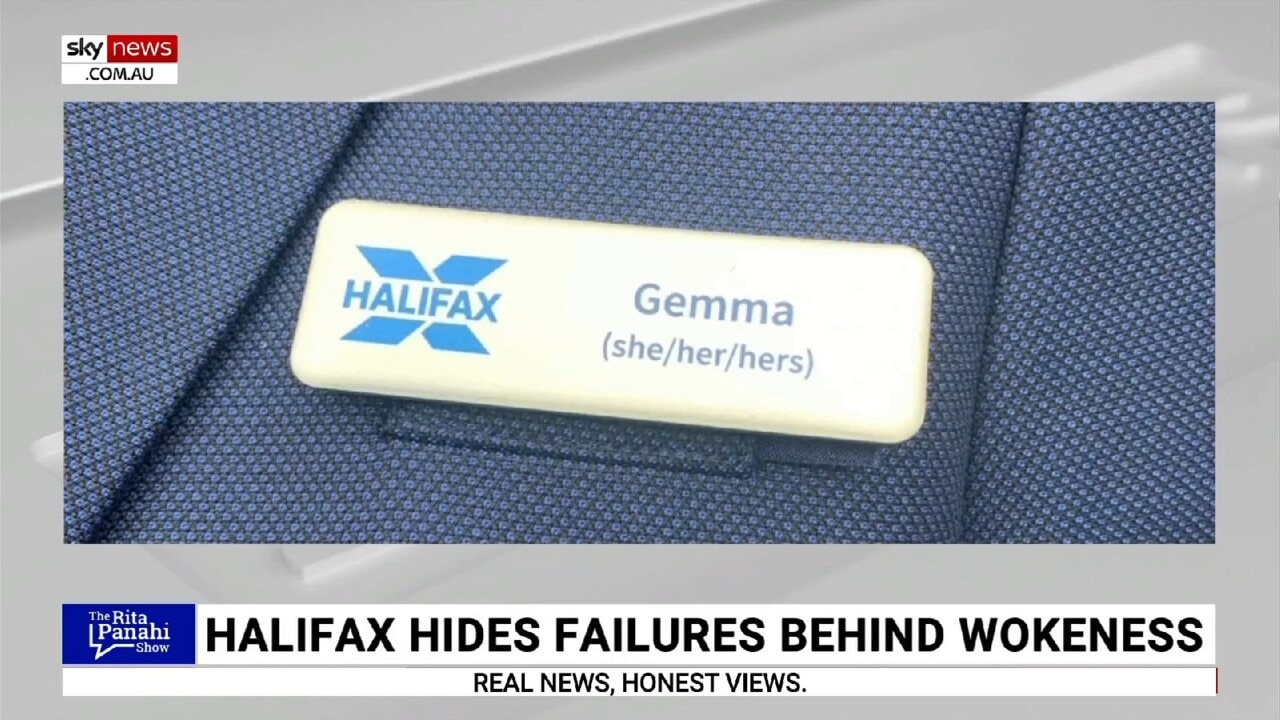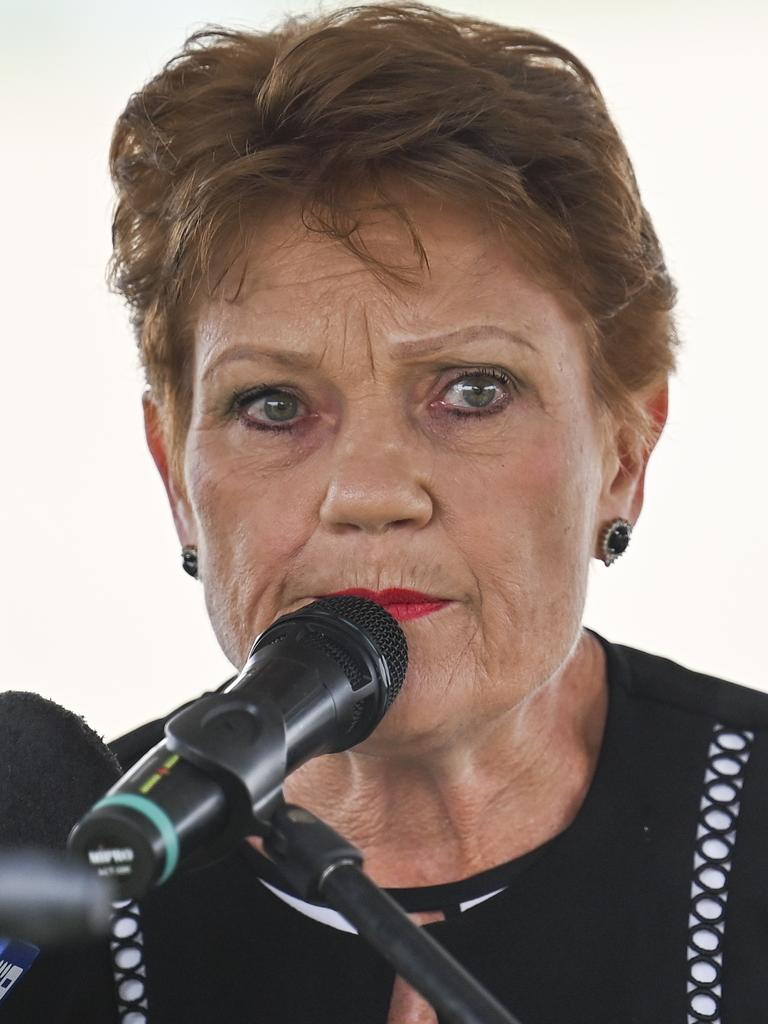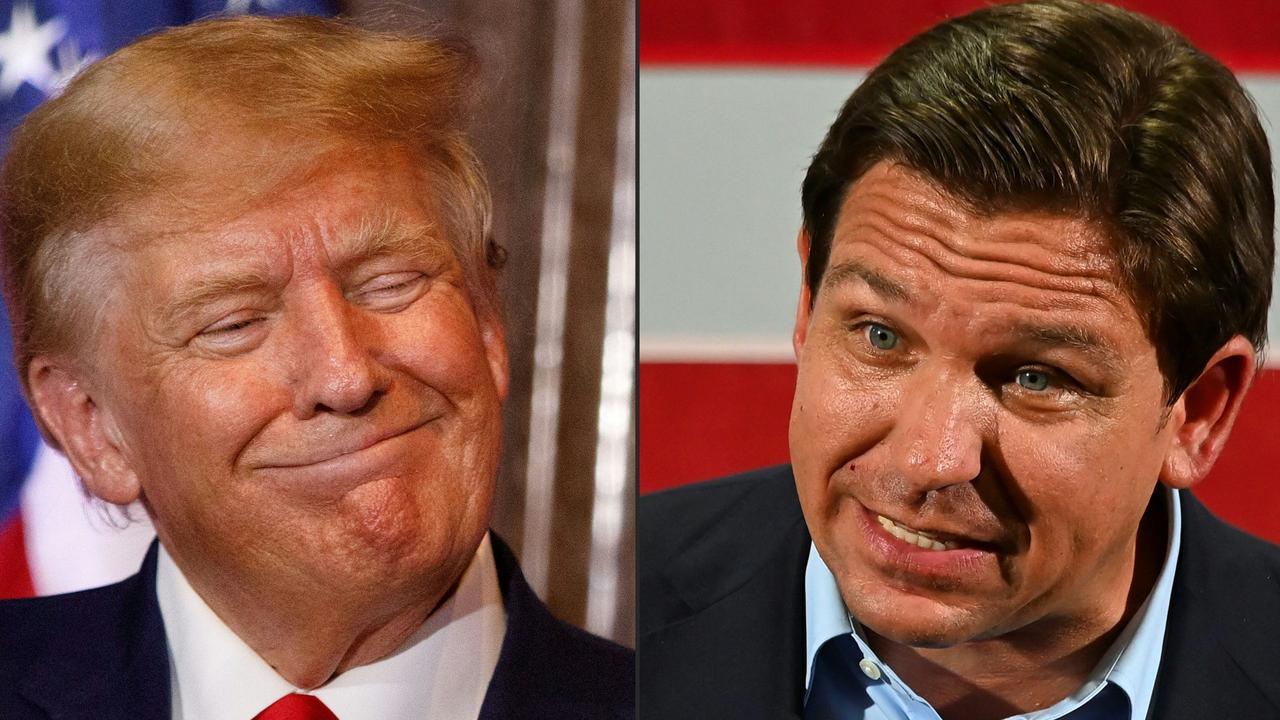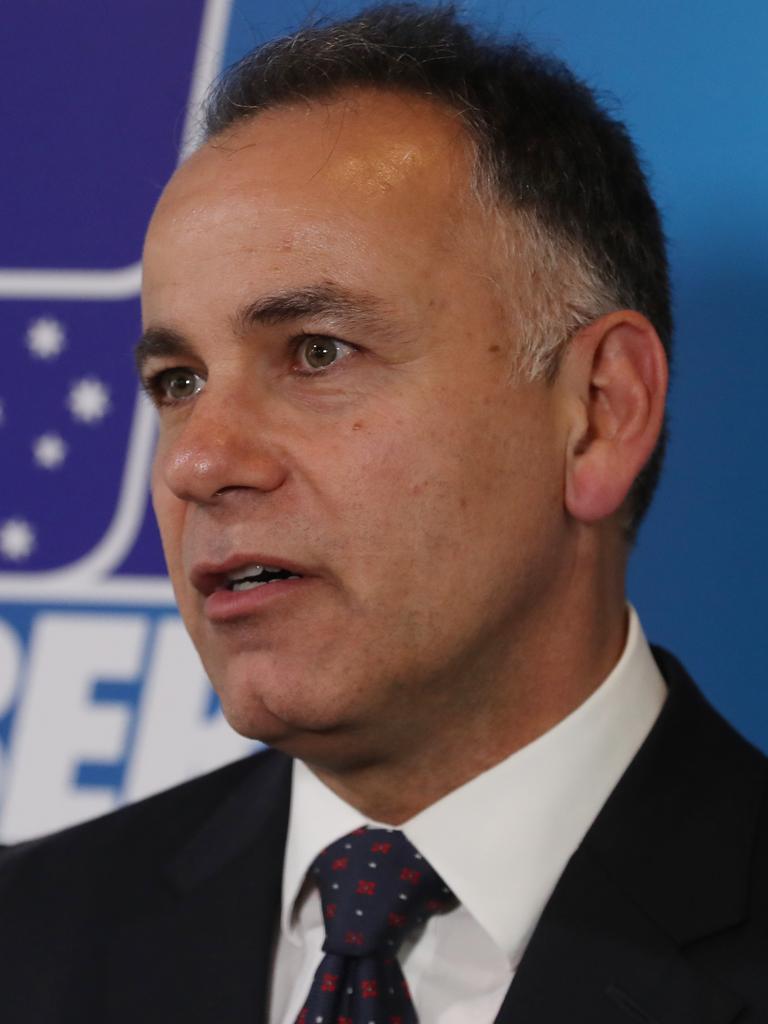How the working masses lose out to ‘woke capitalism’ boom
When universities look to cut staff, they call in PwC to find the shirkers. This deference to corporate expertise is only ever one way. An academic, I have never been invited into PwC offices to identify its inefficient processes. “Spend a week with us and tell us who we should dispense with. We will pay you a significant fee.” Never. Not once.
The brouhaha over PwC corruption should make us question the ethical superiority of the financial services sector. Fine if they believe this of themselves. But why should other sectors so readily genuflect to these arbiters of human resource? And with what consequences?
One clever way in which corporate Australia has made itself indispensable to the national discourse is its adoption of progressive causes. The PwC website positively glows with social virtue. “Woke capitalism” has achieved a significant profile for a service sector that used to be mostly interested in profit. It still is. But the way to realise pecuniary advantage is to embrace the fuzzy feel-goodism of a left that used to march against capitalism.
No more. Increasingly, progressives use business to expand their campus hegemony to the boardroom. And businesses seem to love it. Rainbow and climate capitalism have become an elaborate set of conventions governing their marketing and investment strategies. Diversity and inclusion officers now have real power in the companies Australians rely on to build their supers.
Last month I addressed a large conference on “responsible investing” in Melbourne. These men and women make the investment decisions that can make the difference between a retirement of scarcity or of repose. A scan of the booths outside the main auditorium revealed a corporate preoccupation with the ideological totems of the modern left: net zero, LGBTQI+, the voice, anti-racism, antislavery, pro-refugee. You name it, there was an investment campaign built around it.
The rush to the left can be explained as much by profits as by ideology; there is, in theory, more money to be had by pushing a progressive agenda. Though even this is not a sure-fire approach. When Anheuser-Busch paid a transgender “media influencer” to advertise Bud Light, a third of its customers deserted the beer. Woke strategies tread a finer line than we thought between winning new markets and alienating old.
But explaining the new progressive hegemony in corporate Australia is less important than appreciating its likely political effects. The pact corporate Australia has made with progressive Australia rests on the assumption that the latter’s dominion (its one-party state) will endure indefinitely. As American economist Herb Stein observed: “If something cannot go on forever, it will stop.” What will happen then?
The US offers some valuable lessons. There, as not yet here, politics reflects not an acquiescence to woke capitalism but a heated debate over it.
The unfolding 2024 presidential election already has the issue as a fault-line across both parties and as a litmus test within each. Abortion still has some of that quality. And before that, slavery. Both parties maintain rigid positions. Heresy is policed. It is impossible for a pro-life (anti-abortion) Democrat to win the White House.
Joe Biden, a Catholic, swallowed his discomfit over abortion to win national power. It really is unimaginable that a Republican with presidential aspirations could come out as pro-choice. Rather, the two contenders for the GOP nomination, Donald Trump and Ron DeSantis, are tussling to out-anti-woke each other.
The Florida Governor presents a case that corporate Australia needs to take note of. He derides ESG as woke politics by an economic backdoor. “Environmental, social and governance” investing, claims DeSantis, will further defenestrate the US middle class, drive up its energy bills, and weaken its 401ks (American supers).
His campaign is not built on sticking it to Russia, but on ending the woke US boardroom. The message is simple and compelling. Americans, unlike Australians, have lived through a global financial crisis. More than 10 million of them lost their homes. Bad investment decisions are basic to the financial, cultural and psychological trauma of all these men and women, mums and dads.
Pauline Hanson has little purchase here, zero chance of national power, because she has no great failure of capitalism to exploit. But Donald Trump, even more marginal in relative terms than Hanson c. 2010, did. And DeSantis is running the same style of campaign. The focus is not subprime mortgages, as it was in 2008, but on ESG investing that places, he says, a nebulous, fashionable, moral virtue above the needs of ordinary Americans to make a buck for their retirement. He has already banned by Florida law the use of ESG criteria in investment decisions for the state’s fund managers. “We want them to act as fiduciaries. We do not want them engaged on these ideological joy rides,” said DeSantis. What he has done for Florida, he promises, he will do for America.
Why should this matter to Australia? Because we risk political dissensus, and a drift to polarisation the more both major parties pretend they can run a progressive economy better than the other. The problem is the progressive economy and dodgy assumptions of woke capitalism on which it rests. Workers, that majority of people who did not go to university, could once rely on a political left to defend their civil rights and a business right to defend their pensions. In Australia, that neat and effective bifurcation no longer obtains. Instead, Liberals ape Labor, have become Labor-lite, in an effort to restore their electability. It hasn’t worked in Victoria.
If and when ESG hits the buffers of scientific reality and PwC tax dodging, who will speak for the investors damaged by their “responsible” fund managers? American politicians are, of course, polarised by woke issues. But their electors at least get a choice. They can vote on their investment portfolio and/or move to Florida or California. Average-wage Australians cannot. They are saddled with an investment regime they cannot control and a political class that offers them no alternatives.
They need an Australian Ron DeSantis. They’ve got a Victorian John Pesutto.
Timothy J. Lynch is professor of American Politics at the University of Melbourne.






No comments:
Post a Comment